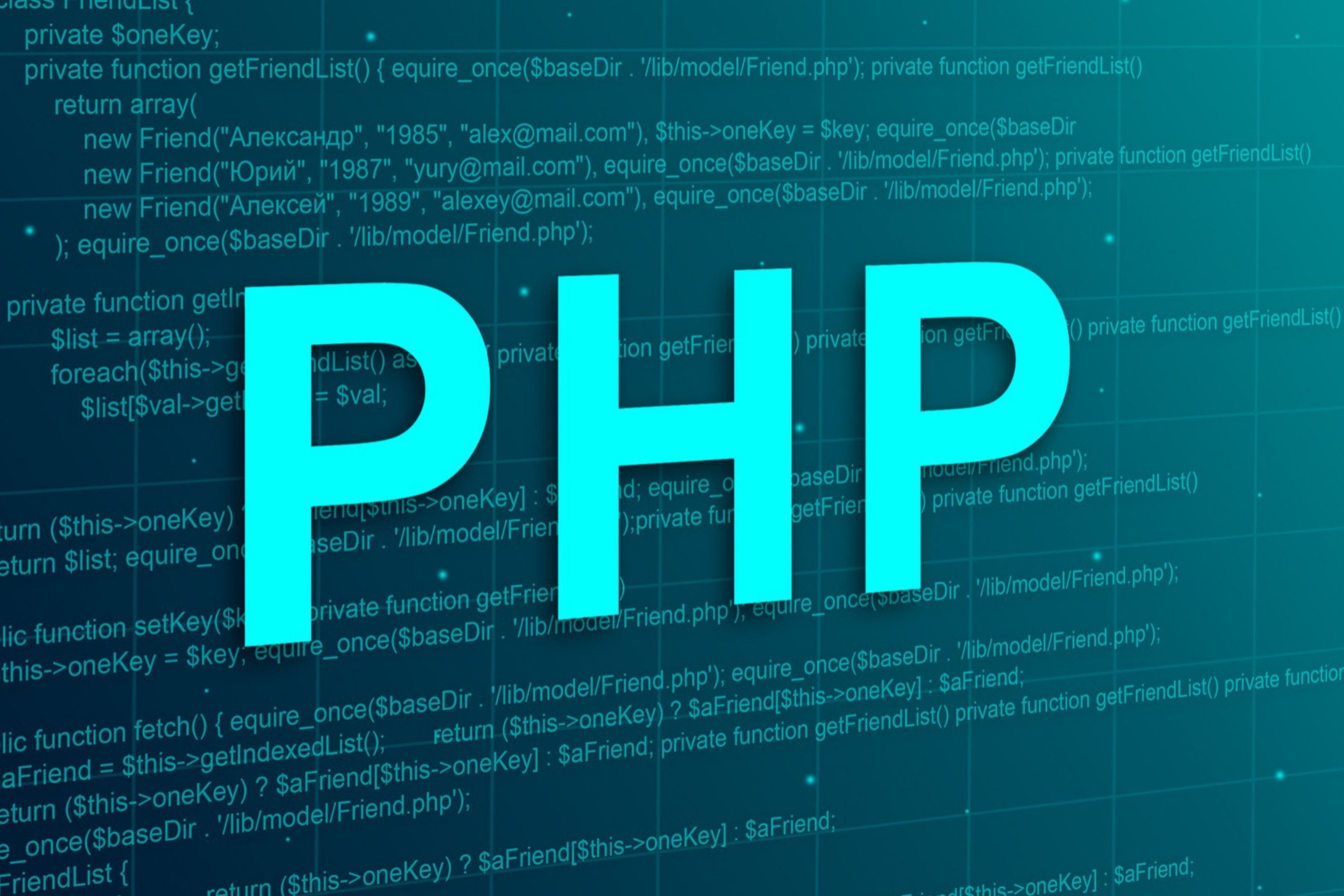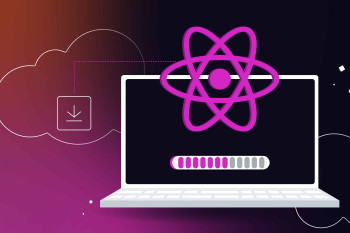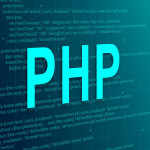Introduction
In the ever-evolving landscape of web development, PHP Laravel stands out as a powerful framework that empowers developers to create dynamic and secure web applications. In this blog post, we'll dive deep into the world of PHP Laravel, exploring its features, capabilities, and how it has become a go-to choice for developers when building sophisticated web applications.
What is PHP Laravel?
PHP Laravel is an open-source PHP web application framework known for its elegant and expressive syntax. Developed by Taylor Otwell, it aims to make web development tasks, such as routing, caching, and security, easier and more efficient. Laravel's emphasis on simplicity, scalability, and performance has made it a popular choice among developers worldwide.
Building Dynamic Web Applications
1. Expressive Syntax and MVC Architecture
Laravel's Model-View-Controller (MVC) architectural pattern provides a structured and organized way to build web applications. The expressive syntax simplifies common tasks, reducing the amount of code required and enhancing code readability. This approach allows developers to focus on creating exceptional features and functionality for their applications.
2. Robust Authentication and Security
Security is a top priority in web development, and Laravel excels in this area. It offers built-in features for authentication, protection against SQL injection, and cross-site request forgery (CSRF) attacks. Laravel's middleware feature allows developers to implement various layers of security within their applications.
3. Database Migrations and Eloquent ORM
Laravel's database migrations and Eloquent ORM (Object-Relational Mapping) make working with databases more straightforward and efficient. Migrations enable developers to version control their database schema, while Eloquent simplifies database interactions by providing an expressive and fluent interface.
4. Artisan Console
Artisan is Laravel's command-line tool, which simplifies common development tasks like creating controllers, migrations, and even custom commands. It speeds up development and allows developers to focus on what truly matters - building great web applications.
5. Community and Ecosystem
Laravel boasts a robust community and ecosystem, including packages and extensions. The Laravel community actively contributes packages that extend the framework's functionality, making it easy to integrate features such as user management, search functionality, and more.
Laravel in Action: Real-World Applications
Laravel has been utilized in a wide range of applications and industries, from e-commerce platforms to content management systems. Some notable examples include:
- Laravel Spark: A SaaS application boilerplate that simplifies the process of building and launching software as a service.
- Laravel Nova: A beautifully designed administration panel for managing your application's data.
- Laravel Dusk: A browser automation and testing tool that simplifies end-to-end testing.
Conclusion
PHP Laravel continues to be a top choice for web developers looking to create dynamic, secure, and scalable web applications. Its elegant syntax, robust security features, and active community support make it a powerful and efficient framework for building web solutions.
As you embark on your web development journey, consider harnessing the power of PHP Laravel to streamline your projects, increase efficiency, and ensure the security of your applications. The world of web development is constantly evolving, and with Laravel, you have a versatile tool at your disposal to stay at the forefront of this exciting field.







